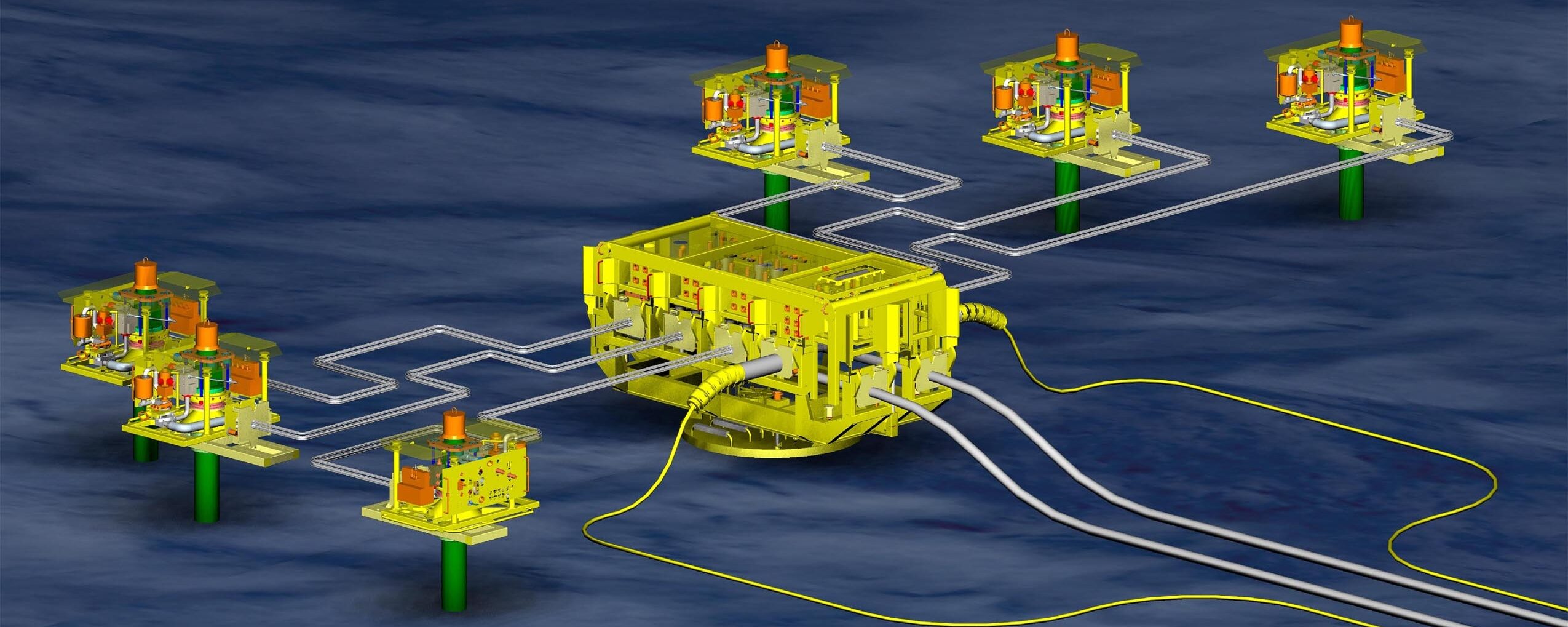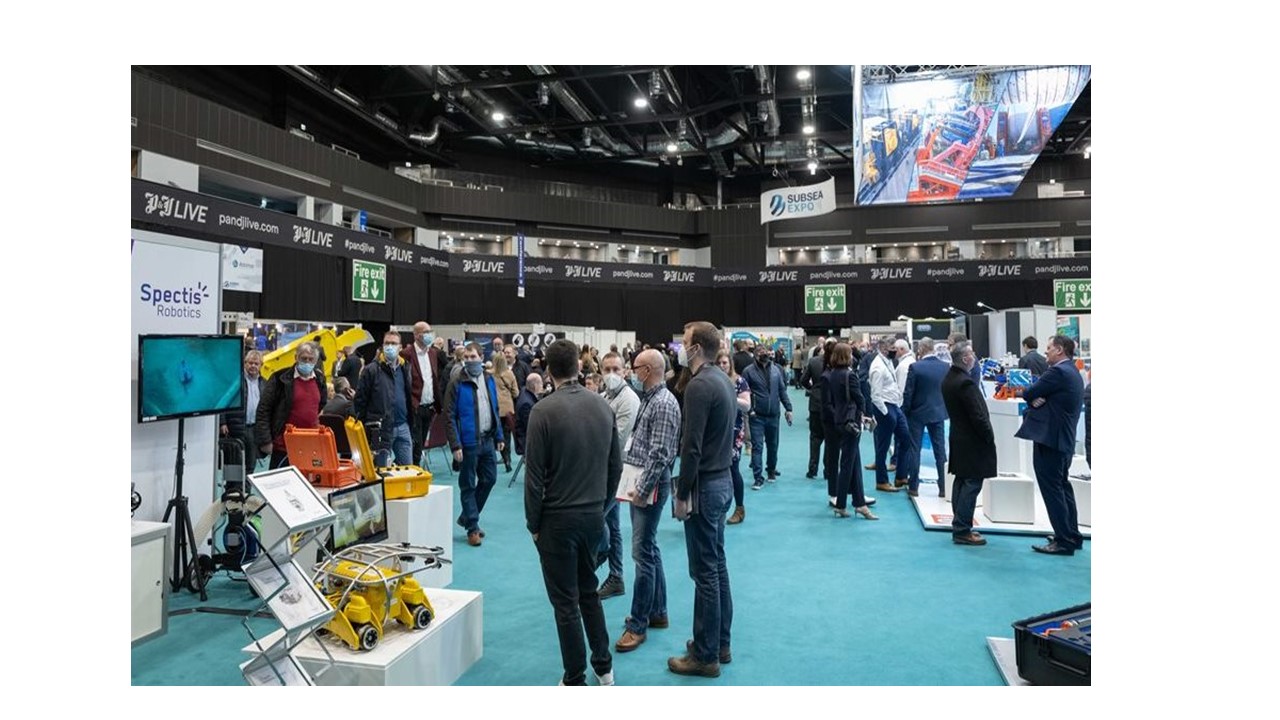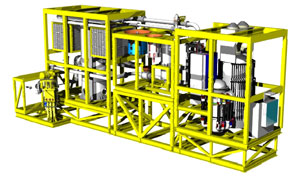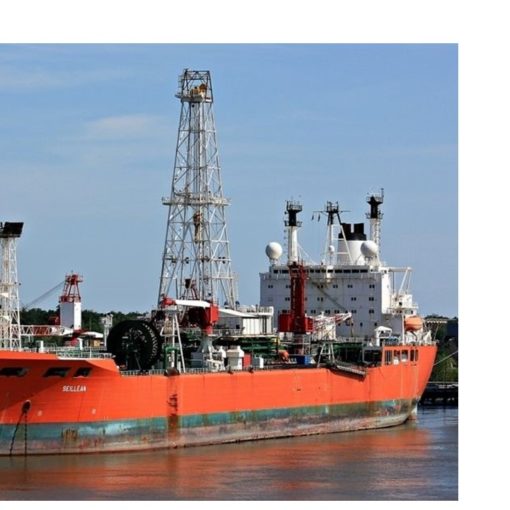For those of you who used to be readers of Subsea Engineering News, you might be surprised to realise that it is now seven years since I hung up my editor’s eyeshade. SEN continued after I sold it and finished my two year ‘golden handcuffs’ period, but within a year it was gone, a victim of the 2014 oil price crash and a new owner who was not quite sure what to do with it or how to manage its specialist readership. RIP. It might not have always been the ‘favourite’ (hardly!) publication of some people in the industry (ask BP), but it was always informative and never dull. Or at least I hope not.
The reason I have decided to take a short walk down memory lane this week is that I was mentioned not once, but twice last week in despatches on LinkedIn related to Subsea 7 which was celebrating its 20th anniversary. It was mostly about the subsea contractor’s predecessors and the origin of their names.
Rockwater was just a daft moniker which many who worked there even admitted and who adamantly issued disclaimers to have had nothing to do with the re-branding exercise promulgated by a London based agency who seemed to know little about the offshore industry. The other part of the equation was Acergy, one of the first company’s with a name which meant absolutely nothing, followed by Acteon, Valaris, et al.
So it was notable – at least for me – that folks still remember entertaining stuff I wrote more than a few decades ago. Thanks guys.
* * * * *
You might have noticed that Norway has been having its own celebration this week – 50 years since the foundation of Statoil and the Norwegian Petroleum Directorate – which is essentially the beginning of its oil and gas business. How interesting it has been to witness the different ways in which the sector has been approached on the two sides of the North Sea,
(NB: As I mentioned in an earlier missive, it would be worth looking out The State of Happiness, a Norwegian television series about the beginnings of the oil business, just before Phillips made the historic Ekofisk discovery. It is fiction, so some of the characters are not real, but much of the machinations about the business, drilling wells and setting up the early regulatory regime are pretty close to reality, I believe.)
Here in the UK – at least since I first started covering the industry in 1981 – it was just a business and a cash cow at that time for governments of the day, notably the Tories in the early 1980’s who funded the closure of state-owned steel mills, coal mines and shipyards with money from the North Sea. There might have been much more as well if the same government had not decided to sell off Britoil to BP. What a waste that was – a one-off cash injection, and at a relatively knockdown price, rather than ongoing income from a long term asset. How short-sighted and typical of the view in government at the time that the industry would not be around in a decade or so. They got that wrong big time.
The Norwegians, on the other hand, saw the industry as a national resource which could be used to fund generations of activity in the country. Check out the size of their national petroleum fund. It is why so many other countries who when they were new to handling offshore oil and gas discoveries went to the Norwegians for advice on how to regulate the industry for the national benefit and how to manage the income. The Norwegian were not – and are not – perfect, but there has been an ongoing mutual respect between government and industry. The oil companies do like to moan about taxation in Norway, but if they were not making shed loads of money they would have exited years ago. Say no more.




